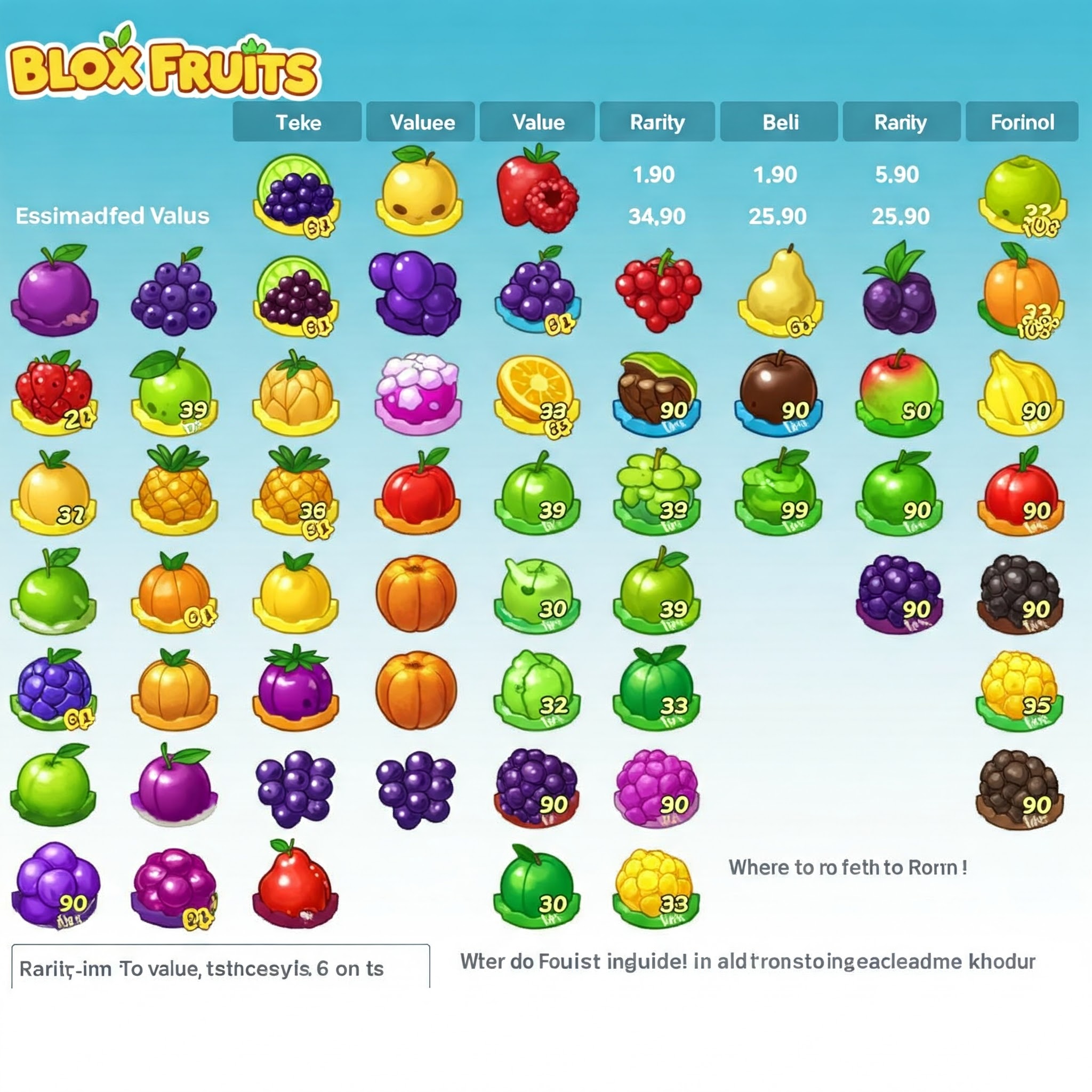Introduction
In a world where innovation meets play, GitHub has emerged not only as a hub for developers but also as an unexpected playground for gamers. GitHub games are an exciting fusion of open-source collaboration and creative coding, where developers showcase their creativity by building engaging games with code. Whether you’re a hobbyist, a game designer, or someone who simply loves retro gaming aesthetics, GitHub offers a treasure trove of playable experiences that go far beyond code snippets and repositories.
The popularity of GitHub games has soared over the last few years due to the community-driven nature of the platform. Thousands of users actively contribute to game development projects, ranging from classic arcade-style games to innovative puzzle mechanics powered by JavaScript, Python, or C++. These games not only provide entertainment but also serve as learning tools for aspiring developers and seasoned programmers alike.
What makes GitHub games especially appealing is their accessibility. Most are free to play, easy to download, or even browser-based. As the gaming industry becomes more commercialized, GitHub games offer a refreshing alternative: open-source fun that’s made by and for the people. Whether you’re looking to play, contribute, or fork your own version of an existing game, the GitHub universe has something waiting for you.
What Are GitHub Games
GitHub games are video games developed, hosted, or shared through GitHub’s repository infrastructure. These games are often created using open-source programming languages and game development engines, allowing anyone to view the source code, contribute to its development, or even fork and personalize their own versions. The open nature of GitHub enables collaborative creativity, where developers from around the globe can come together to build interactive experiences.
These games span a variety of genres—platformers, strategy games, RPGs, puzzle games, and simulations. Whether you’re into pixel-art RPGs inspired by the 8-bit era or browser-based logic games built with HTML5 and JavaScript, you’ll find plenty of gems hosted on GitHub. Many of these games start as small personal projects, game jams, or coding challenges and then evolve into full-fledged community contributions.
What separates GitHub games from mainstream offerings is transparency. You can inspect how the mechanics work, see how graphics are rendered, or understand the AI logic. This open-source ethos encourages not only gameplay but also learning, tinkering, and enhancing. GitHub games aren’t just games; they’re interactive tutorials, coding experiments, and developer showcases all rolled into one.
How to Discover and Play GitHub Games
Getting started with GitHub games is surprisingly easy. The first step is heading over to GitHub and using search terms like “HTML5 game,” “JavaScript game,” or “open-source game.” Repositories are often marked with tags like game, gamedev, or browser-game, making them easier to find. Once you’ve located a game of interest, simply open the repository and look for the “README” file—it often contains gameplay instructions, links to live demos, and setup guides.
Many GitHub games are web-based, allowing users to play them instantly via GitHub Pages or linked URLs. For more complex projects, such as Unity or Godot engine games, you may need to clone the repository and build the game locally. This process often involves installing required dependencies and running build scripts, which are usually explained in detail within the repo.
If you’re not sure where to start, websites like itch.io or curated GitHub lists provide directories of fun, playable open-source games. Community-curated lists like “awesome-gamedev” or “awesome-opensource-games” also highlight the best repositories. Whether you’re diving in for fun or scouting for inspiration, GitHub is a dynamic starting point.
Best GitHub Games Worth Checking Out

With so many projects available, narrowing down the best GitHub games can be a challenge. However, several have stood out due to their polish, innovation, and community engagement. Here are a few favorites:
2048 – A popular sliding block puzzle game developed in JavaScript. It’s lightweight, addictive, and a fantastic entry point for developers interested in game mechanics.
Minetest – A voxel-based sandbox game inspired by Minecraft. It’s written in C++ and Lua and allows extensive modding.
Hextris – A fast-paced Tetris-like game with a hexagonal twist. Built using JavaScript and available to play directly in your browser.
Pixel Dungeon – A roguelike game with a simple UI but deep mechanics. The source code is available for Android and is a great learning resource for mobile developers.
Unciv – A reimagined version of Civilization V, developed in Kotlin. The game is lightweight and receives frequent contributions.
These games reflect the diversity and creativity that define GitHub games. Whether you’re into logic puzzles, sandbox exploration, or strategy battles, there’s something for every gamer and coder on GitHub.
How to Contribute to GitHub Game Projects
One of the most fulfilling aspects of exploring GitHub games is the ability to contribute. Open-source collaboration allows developers of all levels to pitch in—whether by writing code, designing graphics, improving documentation, or testing gameplay. Most repositories welcome contributions and often include a “CONTRIBUTING.md” file with detailed guidelines.
If you want to get involved, start by forking a repository and reviewing the issues tab. Developers often tag bugs or feature requests with “good first issue,” making it easier for newcomers to jump in. Before contributing, it’s essential to follow the repository’s coding standards and participate in any discussions via pull requests or issues.
Not a coder? No problem. Many game projects need help with UI design, level creation, sound effects, and localization. GitHub’s collaborative structure allows artists, writers, translators, and testers to make a meaningful impact on game development.
Contributing to GitHub games is not only a great way to improve your skills but also to network with other developers, gain real-world experience, and leave your mark on projects that could be played by thousands of users worldwide.
Conclusion
GitHub games represent a vibrant intersection between technology and creativity. They’re more than just digital entertainment—they’re living, evolving projects that embody the spirit of open-source collaboration. From fun, casual browser games to complex simulations, the world of GitHub games offers something for everyone.
Whether you’re a player eager for something new, a developer looking to sharpen your skills, or a designer hoping to see your art come to life, the GitHub community welcomes you. These games demonstrate what’s possible when passion, code, and collaboration meet in one space.
So next time you feel the urge to play—or create—don’t just head to a game store. Head to GitHub. Your next adventure might be one clone away.
FaQ
Q1: What are GitHub games
A: GitHub games are video games that are developed and shared via GitHub repositories. They are typically open-source, meaning anyone can view, download, play, and even modify the game’s source code. These games range from simple browser-based titles to complex simulations built using engines like Unity or Godot.
Q2: Are GitHub games free to play
A: Yes! Most GitHub games are completely free to play. Developers share their projects under open-source licenses, allowing users to enjoy the games without paying. Some may include donation options to support the developers, but the core gameplay is usually accessible at no cost.
Q3: Do I need to know how to code to play GitHub games
A: No, you don’t need coding skills to play many GitHub games. Several are playable directly in your web browser via GitHub Pages, and others provide compiled versions or installation guides. However, if you want to modify the game or contribute to its development, some basic programming knowledge can be helpful.
Q4: What programming languages are used for GitHub games
A: Common languages include JavaScript, HTML5, Python, C++, C#, and Java. The choice of language often depends on the game’s complexity and the platform it’s built for. Many browser-based games use JavaScript, while others created with game engines may use C# or Lua.
Q5: Can I contribute to a GitHub game project
A: Absolutely! Most GitHub games are collaborative by nature. You can contribute by fixing bugs, adding new features, improving graphics, translating content, or even writing better documentation. Look for “good first issue” tags to find beginner-friendly tasks in open repositories.
Q6: How do I find the best GitHub games to play
A: Start by searching GitHub using keywords like “browser game,” “HTML5 game,” or “JavaScript game.” You can also explore curated lists like awesome-gamedev or browse through trending repositories in the game category.
Q7: Can I publish my own game on GitHub
A: Yes, publishing your game on GitHub is easy. Simply create a repository, upload your game files, and add a README.md file to explain how your game works. If it’s a browser-based game, you can even host it via GitHub Pages for others to play online.









